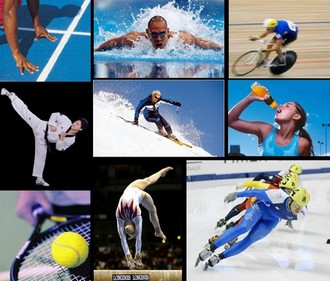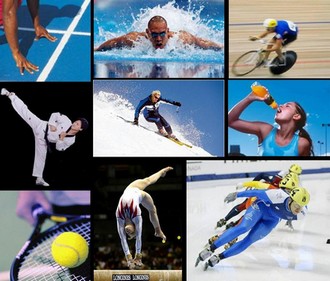Following the momentum initiated by the signing of an agreement between Medef and CNOSF on May 28, 2010, the French economic and sports worlds aim, through these recommendations, to make the relationship between business and sports a fair and balanced one.
Certain deviations reported by the media should lead public, private, and sports actors to clarify their relationship and professionalize it to establish it on solid foundations.
The rules of the game that regulate relationships between the world of sports and businesses must be based on shared rights and duties between all actors united by clearly defined values and economic and social interests.
Thus, this code of conduct provides recommendations for all stakeholders.
 Philippe Joffard, Chairman of the Medef Sports Committee: “We have established a code of conduct signed with the Ministry of Sports. It sets the rules of the game to regulate the relationships between the world of sports and businesses. This code offers eight recommendations on topics where companies might have questions.
Philippe Joffard, Chairman of the Medef Sports Committee: “We have established a code of conduct signed with the Ministry of Sports. It sets the rules of the game to regulate the relationships between the world of sports and businesses. This code offers eight recommendations on topics where companies might have questions.
We therefore suggest they analyze and apply these recommendations before any sponsorship or patronage commitment.
We launched this code a month ago, and companies are already aware of its existence; several signatures have already been added, including La Française des Jeux, Generali, and the French Water Skiing Federation.”
The 8 Recommendations:
1. Formalizing the relationship: legal security
All types of relationships between the economic and sports worlds must be based on understandable partnerships with clearly defined modalities, comprehensible by all parties, through a contract. Legal security will ensure fairness and the sustainability of the relationship.
To ensure the transparency of this engagement process, it is recommended, notably, to implement shared indicators of progress.
2. Professionalizing the relationship: sports, economic criteria, and shared governance
United by moral values and common economic interests, companies and the world of sports must establish their relationship on common performance criteria.
As with any commercial relationship, the sponsor, patron, or partner company must
- ensure the economic health and sustainability of the sports structure it supports
- and not create any dependency links.
Thus, along with sports logic, economic logic based on transparency, rigorous financial control, and jointly decided governance principles should be added.
3. Corporate social responsibility towards the sports world: prevention of doping, athlete health
Contracting parties must ensure their commitments include a clause on the prevention and fight against all forms of cheating, violence, incivility, and doping.
To prevent any attempts of cheating or doping, and also to oversee the health of the athlete in question, it is recommended to set realistic and consistent goals for athletes in terms of competition schedules, sporting events, and performance targets. Furthermore, while respecting medical confidentiality, the sponsor, patron, or partner company must be informed of the anti-doping test results.
4. Athlete reintegration: The partner company in the sports world, in any form, cannot disregard the professional careers of athletes (regardless of their level). It must therefore support them in managing their projects during their sports careers, as well as during their professional reconversion.
5. Remuneration: not limited to only sports performance criteria: It is recommended to include in the contract article related to the athlete’s remuneration, a clause requiring impeccable ethics and sporting practice.
In the context of the fight against doping, it is advised not to index the remuneration and/or bonus of medical staff solely on the team or athlete’s results and sports performances.
Other objective criteria (athlete/team downtime, etc.) should be added.
6. Prevention of conflicts of interest and insider trading: reminder of the texts: To avoid any conflicts of interest and insider trading, the contract must recall the applicable legislative and regulatory framework and annex elementary prohibitions on the matter.
7. Dispute resolution: preference for amicable resolution
To resolve any potential disputes, it is suggested to include a clause in the contract by which, before possibly referring to a judge, the parties commit to working together in good faith to amicably resolve their dispute.
If the contract states that after this mediation phase, the dispute will be submitted to the CNOSF’s Arbitration Chamber of Sport, it is reminded that this arbitration choice entails waiving the right to submit the dispute to a state court.
8. Environmental impact of sports infrastructure:
Investments and constructions involving the sponsor or partner company will be as environmentally friendly as possible and will be part of a sustainable development approach.



